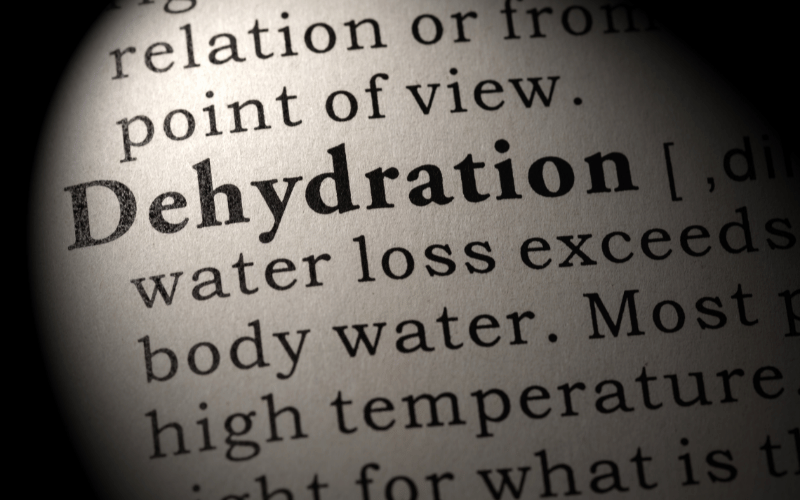3. The Hidden Dangers: Diarrhea’s Link with Dehydration

One of the most significant risks associated with diarrhea is dehydration. As the body expels fluids rapidly, it doesn’t just lose water. Vital nutrients are lost in the process. Without timely replenishment, this can lead to severe dehydration.
The body doesn’t only lose water during bouts of diarrhea. Essential salts and minerals, collectively termed electrolytes, also get flushed out. Sodium, potassium, and chloride, for instance, play crucial roles in our body’s physiological processes, from maintaining heart rhythms to muscle function.
Early signs of dehydration can be subtle – excessive thirst, a persistent feeling of dryness in the mouth, and creeping fatigue. However, as it progresses, these symptoms can magnify, leading to dizziness, rapid heartbeat, or even fainting spells.
While anyone can become dehydrated, certain groups, notably children and the elderly, are at a heightened risk. Their physiological makeup and in the case of kids, their still-developing bodies, make them especially vulnerable.
Preventing dehydration isn’t just about chugging down water. While hydration is crucial, it’s equally important to restore the lost electrolytes. Oral rehydration solutions, which contain a mix of salts and glucose, are often recommended to achieve this. (3)